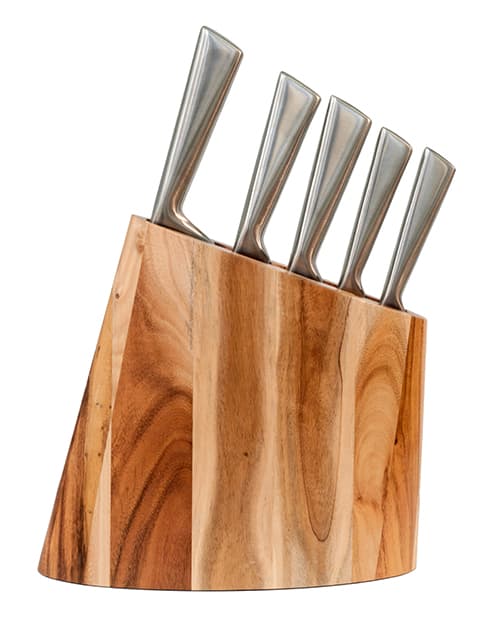Cauliflower - How this vegetable is so good for your health!
Cauliflower is rich in vitamins and minerals and so much more!
Cauliflower contains sulforaphane, a sulphur compound that has also been shown to kill cancer stem cells, thereby slowing tumour growth. Sulforaphane in cauliflower and other cruciferous vegetables (see the list below) is found to improve blood pressure, kidney function and boost heart and brain health.
Cauliflower also contains a wealth of anti-inflammatory nutrients that can help your body’s ability to detoxify and is an important source of dietary fibre for good digestive health.
Eating cauliflower gives your body powerful nutrients. It’s packed with vitamin C, choline, beta-carotene, kaempferol, quercetin, rutin, cinnamic acid, vitamin K, protein, thiamine, riboflavin, niacin, magnesium, phosphorus, fibre, vitamin B6, folate, pantothenic acid, potassium, and manganese.
Cauliflower can also be used to replace grains and legumes in your diet; it also serves as a low-calorie substitute for high-calorie foods, such as rice and flour. There are a variety of ways you can eat cauliflower by roasting, steaming, sauteing or just eating it raw.
Cauliflower is grown in a variety of colours including the most common colour white, other colours are orange, purple and green. With a delicious nutty taste and light in texture, cauliflower has become one of the trendiest vegetables and is very popular on restaurant menus.
If you are not a fan of cauliflower, then check out these other great cruciferous vegetables below. Adding more of these vegetables to your weekly grocery list will be beneficial to your health.
List of Other Cruciferous Vegetables
Arugula (Rocket)
Broccoli
Brussel Sprouts
Cabbage
Chinese cabbage
Collard Greens
Kale
Kohlrabi
Bok Choy
Watercress
Daikon
Mustard Greens
Turnips
Radish
Rutabaga
Horseradish
Wasabi



